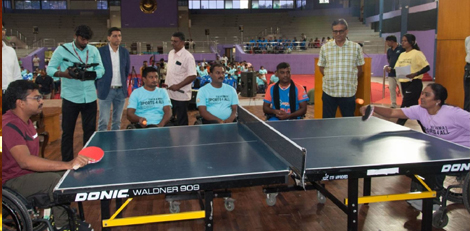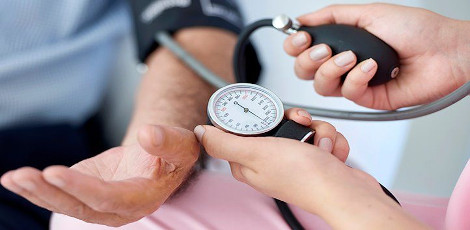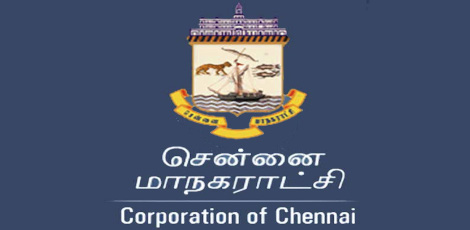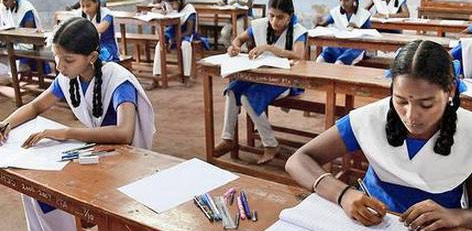Baby care during the monsoons
Posted on: 09/Dec/2015 11:43:55 AM
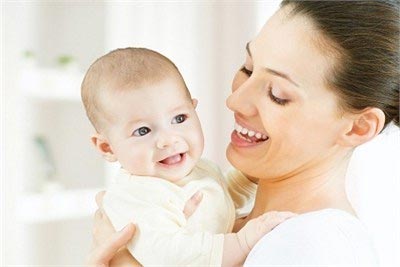
During these terrible rains, it is important to keep your babies and infants safe from the repercussions of humid weather, flooded roads, mosquitoes and the diseases that occur from these factors.
First and most important is to keep your child safe from mosquitoes. The city has seen a sharp rise in the cases of dengue. This virus is transmitted by mosquitoes that but during the day. In infants, the early symptoms of dengue are fever, runny nose, cough and, possibly, a mild skin rash. The child may also suffer from muscle or joint pain, pain behind the eyes, abdominal pain, nosebleeds, fatigue and weakness, red spots on the skin, vomiting, and dark stools. Keep an eye out for these symptoms and visit your doctor if any of them occur.
A common problem that faces children and adults alike during the monsoons is viral infections. Signs to look for in babies are fever, joint pain, chills, coughs and/ or sneezes. Visit your doctor if any of them occur. Remember that antibiotics do not cure viral infections. However, the doctor will prescribe medication that may help with some of the symptoms. In this case, one way to prevent infections is to keep your baby away from areas or people that are down with conjunctivits, flu, respiratory illnesses etc. Always wash your hands before touching the baby, and ask your family and friends to do the same. Cover your mouth, or ask people near your baby to do so, when sneezing or coughing. Wash your hands with soap right after. Avoid crowded places. Washing hands is a healthy habit that keeps many diseases at bay. Make sure to also wash your hands, as well as your baby`s, after changing nappies. The same after meals (if your baby is eating solid foods. Make sure his or her nails are cut short often. Your babysitter or maid should also wash her hands and feet before she touches the baby. When you can`t find soap, or find it difficult to ask people to wash up, use a hand sanitiser.
Floods can lead to many water borne diseases. Common among them is diarrhoea. If your baby is being bottle fed, make sure to use water that is boiled and cooled. This is a tested way to prevent stomach flu and diarrhoea. Another water borne disease is leptospirosis. This is a bacterial infection that passes through dirt water. The disease has very strong repercussions that include meningitis, liver damage, jaundice and renal failure. Symptoms to look out for are cough, chest pain and saliva that has traces of blood in it. Rush your baby to the doctor if you find any of find any of these symptoms.
Believe it or not, prickly heat is common during the monsoon as well. This is because of the humidity in the air, that may cause your baby to sweat. Prickly heat is likely to form under the folds of your baby`s skin. As much as possible, keep your baby dry. Dress him or her appropriately. Keep in mind that talcum powder is not good for your baby to inhale. So exercise caution while using it. Sweating can also lead to fungal infections, allergies and skin rashes. These can be avoided by giving your child a bath, or a sponge bath, at least once a day. Wash your baby`s neck, underarms, genitalia and creases under the ski. Using neem oil in the bath water cuts down the chance of catching infections.
Its never too late to get health insurance for you and your family. If you don`t already have insurance, get it as soon as possible. Keep the necessary papers handy for any medical emergencies.
The weather during the monsoon is quite unpredictable. It can be hot and sunny one minute, and cold and rainy the next. Your baby needs to be dressed accordingly. If it is hot and humid, dress him or her up in loose cotton clothes so that the skin can breathe. To prevent mosquito bites, cover the arms and legs. On the other hand, wrap a jacket or cardigan around the baby when it gets cold. Since clothes take longer to dry, make sure that washed clothes are not damp in the least before using.


